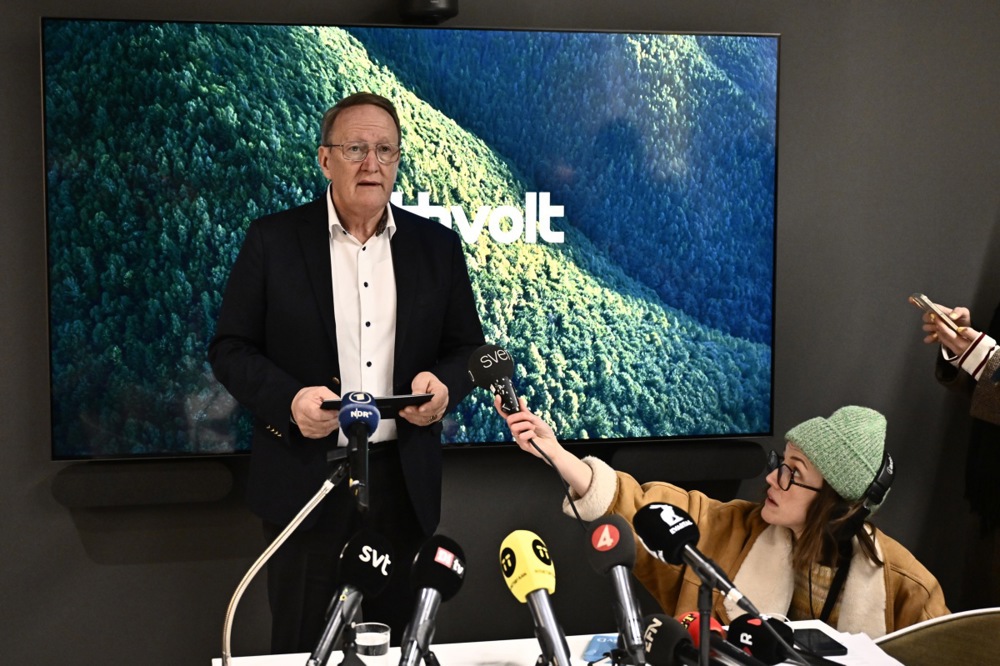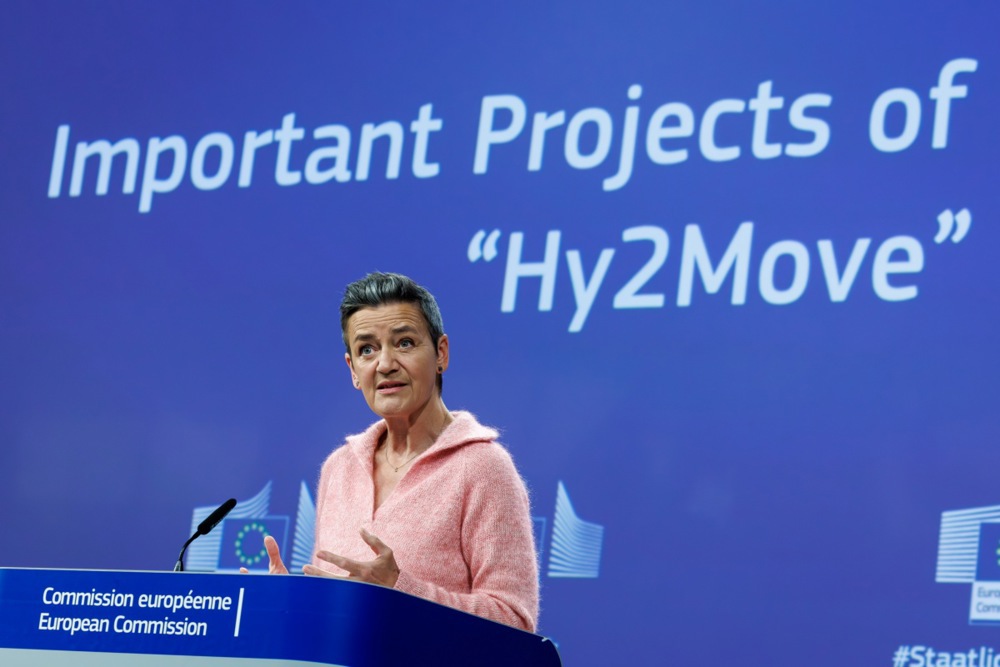Ørsted, the world’s biggest offshore wind-farm developer, has decided to drop a major offshore project in the UK, saying it lacked economic sense.
On May 7, the Danish renewable energy company announced it had decided to discontinue the Hornsea 4 project, 69 kilometres off the Yorkshire coast, in its current form.
The 2,400 MW development had encountered several setbacks, including rising supply-chain costs, higher interest rates and increased risks associated with constructing and operating a project of this magnitude within the planned timeline.
“In combination, these developments have increased the execution risk and deteriorated the value creation of the project”, Ørsted said in a press release.
As a result, it said it would stop investing in the project and terminate the relevant supply chain contracts, meaning the cancellation of the wind farm.
That was despite Ørsted having been awarded a contract to sell the power it would have generated at government-guaranteed prices for 15 years.
Its cancellation was seen as a setback for the UK’s clean energy goals, with the country aiming to triple its offshore wind capacity by 2030 to reach decarbonisation targets.
The Danish wind industry has taken a hit after not a single bid was received for tenders for three offshore wind farms in the North Sea. https://t.co/l7TYx33jvZ
— Brussels Signal (@brusselssignal) December 6, 2024
Since the company had continuing seabed rights, a grid connection agreement and Development Consent Order, Ørsted said it would “evaluate options for future development”.
”We remain fully committed to being an important partner to the UK government to help them achieve their ambitious target for offshore wind build-out and appreciate the work they’ve done to deliver a clear framework to support offshore wind,” said Rasmus Errboe, group president and CEO of Ørsted.
“However, our capital allocation is based on a strict and value-focused approach, and after careful consideration, we’ve decided to discontinue the development of the Hornsea 4 project in its current form, well ahead of the planned Final Investment Decision later this year,” he added.
Energy giant Eneco has backed out of a tender for two giant Dutch wind farms, criticising government policy. https://t.co/yHtQsdgPYx
— Brussels Signal (@brusselssignal) March 29, 2024
As a result of the decision, Ørsted said it anticipated incurring break-away costs ranging from €455 million to €585 million in 2025.
The impact on EBITDA (earnings before interest, taxes, depreciation and amortisation) was estimated to be between €390 million and €455 million. That included a write-down of offshore transmission assets and provisions for contract cancellation fees, excluded from guided EBITDA.
Additionally, capitalised construction costs of approximately €65 million to €130 million would be written down, affecting the financials below the EBITDA line.
Ørsted already operated two wind farms, Hornsea 1 and 2, and was currently constructing Hornsea 3. The latter was set to become the world’s largest offshore wind farm, with a capacity of 2.9 gigawatts.
Following the announcement of the Hornsea 4 cancellation, the company’s shares took a dive on the stock market.
Two Swedish economists have issued a warning that the country’s wind-power industry is on the brink of a wave of bankruptcies. https://t.co/OnL7zRz8XP
— Brussels Signal (@brusselssignal) March 1, 2024
Ørsted had also cancelled two projects in the US almost two years ago.
At the beginning of this year, the company saw its previous CEO Mads Nipper step down and be replaced by former colleague Errboe, hoping to arrest an 83 per cent slump in its share price since its 2021 peak.
The Danish renewables firm has been crucial in the establishment of a European wind-power at sea sector but the industry has struggled in recent years with rising costs, supply-chain bottlenecks and regulatory changes.
Errboe warned in April that the sector was at risk of a “downward spiral” and called on European governments to do more to support it, the Financial Times reported.
Adding to Ørsted’s woes, the company has been suffering under decisions made by the US President Donald Trump’s administration, which in January suspended development permits for offshore wind farms and then caused commodity prices to rise with its tariff policies.
Reacting to the Danish renewable energy firm’s decision on Sky News, a UK Department for Energy Security and Net Zero spokesperson said: “We recognise the effect that globally high inflation and supply chain constraints are having on industry across Europe, and we will work with Ørsted to get Hornsea 4 back on track.”
“We have a strong pipeline of projects to deliver clean power by 2030 and our mission-led approach ensures we can steer our way through global pressures and individual commercial decisions to reach our targets,” the spokesperson added.
“Through our mission we will deliver an energy system that brings energy bills down for good and bolsters Britain’s energy security as part of our Plan for Change.”
Sweden’s Markbygden Ett, Europe’s largest wind-power plant, has lost more than €322 million since its start-up and between 2017 and 2023. https://t.co/tHldcckSwI
— Brussels Signal (@brusselssignal) August 1, 2024





